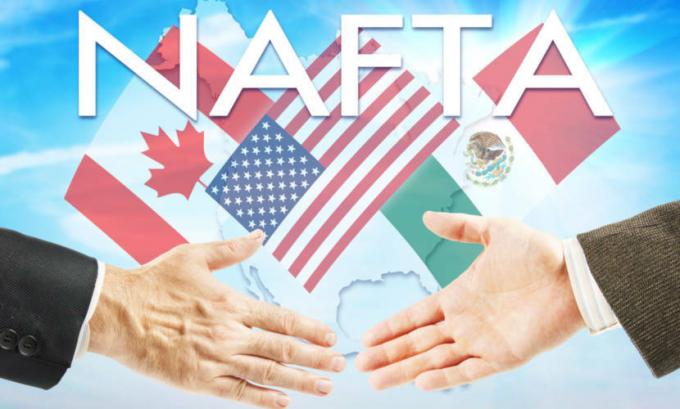The Brazilian territory is formed by an area surrounded by borders, right? But did you know that this entire area is administered by a state? But this state, with a capital “E”, is different from that other state with a lowercase “e”. O ANDstate is the official institution that administers the territory of a country, while the andstate is one of the parts of the country, the same as a province.
The State, with a capital “E”, is formed by the union of three Powers from different areas: the Executive, the Legislative and the Judiciary. This structure was created a long time ago by the French thinker called Montesquieu and thus came to characterize the Republic, as it is in Brazil.

The Three Powers theory was created in the 18th century
Now let's get to know the Three Powers of the State in Brazil:
Legislative power: is one who is concerned with drafting or modifying laws. It is composed of parliamentarians, that is, councilors (municipalities), state deputies (states) and federal deputies (country). In addition to them, there is also the Senate, which is made up of senators.
Executive power: is one who is concerned with applying laws and social policies. It is represented by the administrators, that is, the mayors (municipalities), the governors (states) and the president (country).
Judicial power: is responsible for judging crimes and evaluating the laws, whether they are constitutional or not, that is, whether they obey the Federal Constitution. It is represented by the judges and judges, being the only one of the three powers that is not democratically elected by the people. Its main instance is the Federal Supreme Court (STF).
To guarantee the functioning of the Three Powers, it is necessary that they monitor each other mutually, so that each one of them guarantees and evaluates the functioning of the others. If one of them presents errors or problems, the others must inspect and evaluate the case.
___________________
¹ Image Credits: gary yim / Shutterstock
By Rodolfo Alves Pena
Graduated in Geography



